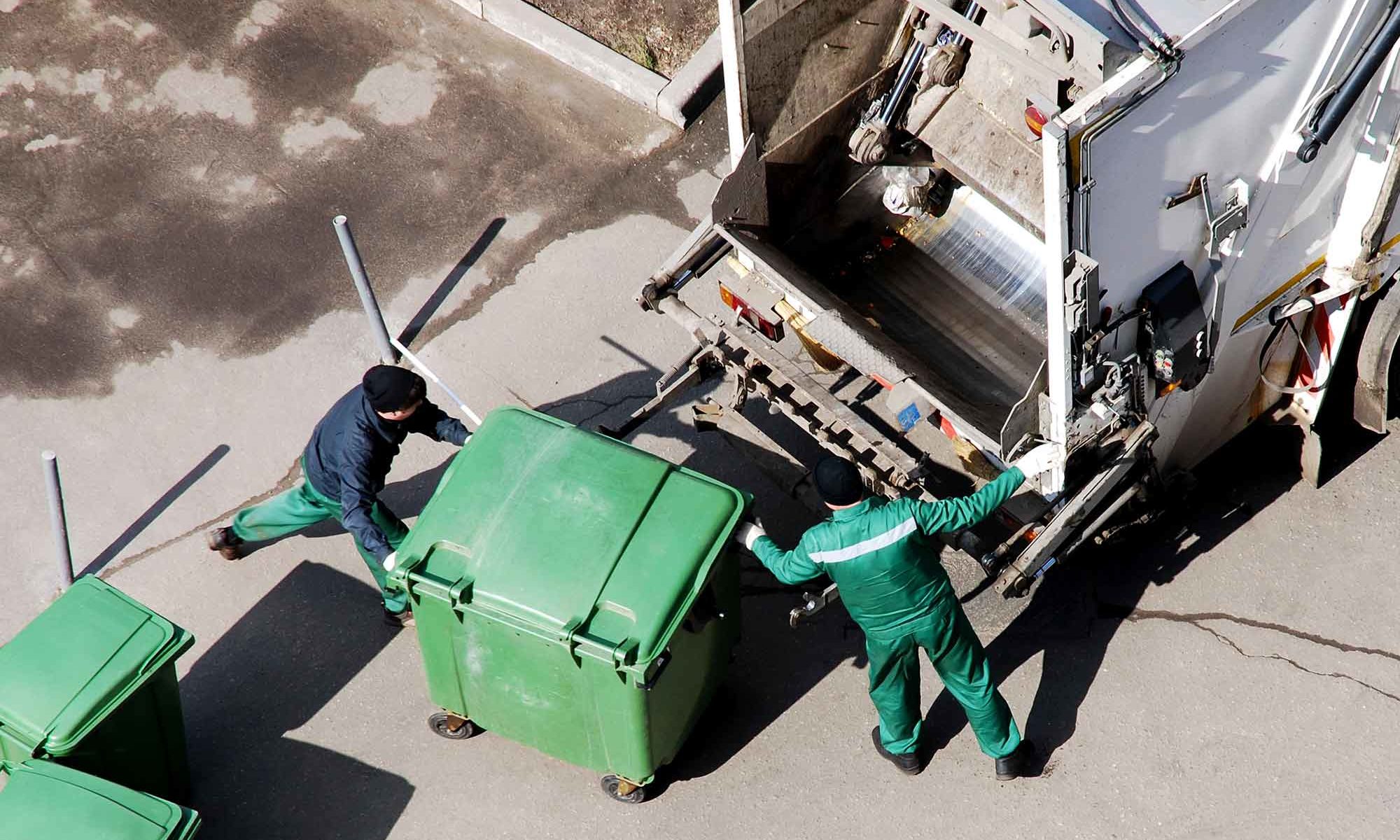The report details the current generation and capture rates of bio-waste for each EU27 Member State, plus Norway and the United Kingdom. For food waste, the current capture is only 9,520,091 tonnes per year, just 16% of the theoretical potential, estimated at 59,938,718 tonnes.
The report and country factsheets provide examples of how the bio-based industries contribute to tackling this waste challenge as well as citing best practices in waste management at municipal level. Bio-waste can serve as a valuable feedstock for the bio-based industries and the sector is well-placed to convert bio-waste into high-value bio-based products. This innovation can alleviate Europe’s food waste challenge and stimulate new opportunities for sustainable growth, contributing to Europe’s green recovery.
Strengthening efforts
“The report shows that biowaste management remains an untapped potential for the European Union to further transition to a Circular Economy. Only 16% of the potential is currently captured and, through proper initiatives, this number could be multiplied by 5 so as to reach 85%,” said Pierre Condamine, Waste Policy Officer at Zero Waste Europe. “This shows the need for the EU and Members States to maintain and strengthen their effort in biowaste collection and treatment as key steps towards soil regeneration, circularity and climate neutrality.”
“Several projects funded by the Bio-based Industries Joint Undertaking (BBI JU) demonstrate how innovation in our sector can convert bio-waste into high-value bio-based products,” said Dirk Carrez, BIC Executive Director. “The bio-based industries seek to achieve a resource-efficient and zero-waste society as identified in our Vision. The planned EU public-private partnership Circular Bio-based Europe, will help further realise this.”
Image: Nadya So/Shutterstock



